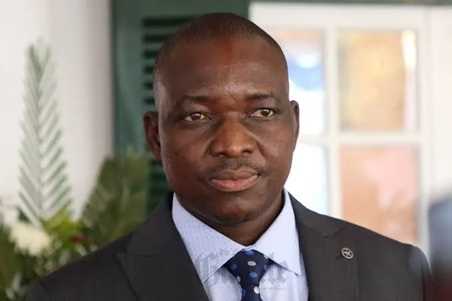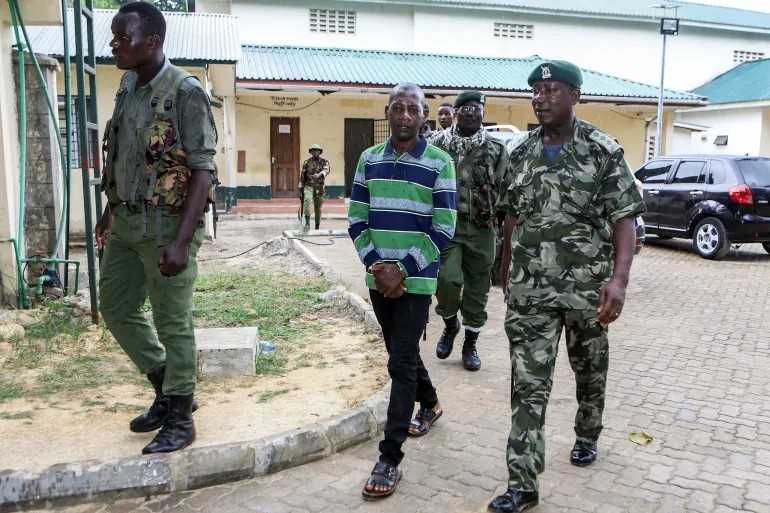
Rutendo Mazhindu- Zim Now Reporter
Minister of Local Government and Public Works Daniel Garwe has called for urgent action to strengthen Zimbabwe’s disaster risk management systems, warning that the country remains highly vulnerable to natural hazards.
Speaking through Deputy Minister Engineer Benjamin Kabikira at a Disaster Risk Management Bill finalisation retreat in Kadoma, Garwe stressed the need for a robust and inclusive legal framework to guide disaster preparedness and response.
He cited the increasing frequency and intensity of disasters—both globally and locally—as a sign that time is running out. From the 2016 El Niño-induced drought to Cyclone Idai in 2019, and the ongoing 2023/24 El Niño event, described as the worst drought in four decades, Zimbabwe’s exposure to climate-related shocks continues to deepen.
“This is testimony that our world is becoming increasingly hazardous, and Zimbabwe is not immune to these hazards,” said Garwe.
He emphasised the urgent need to modernise disaster risk governance, highlighting that effective disaster management requires a coordinated national effort, not the work of a single institution.
Related Stories
Garwe also provided an update on the DRM Bill, which began to take shape following consultations in 2020. Since then, several key milestones have been achieved, including Cabinet’s approval of the Bill’s guiding principles in June 2022, the drafting of the legislation in November 2024, and a multi-stakeholder workshop held in December 2024.
He expressed gratitude to development partners, particularly ActionAid Zimbabwe, for supporting the process, and called for continued collaboration to ensure the Bill reflects the country's specific needs. With the government set to present the Disaster Risk Management Strategy for Cabinet approval in June 2025, Garwe reiterated the importance of inclusive planning, stating that "no one and no place should be left behind."
ActionAid Zimbabwe Head of Programs, Dr. Selina Pasirayi, hailed the DRM Bill as a landmark opportunity to reshape Zimbabwe’s disaster preparedness and response. She praised the government's inclusive approach and stressed the urgency of enacting the legislation, especially in light of the 387 global disasters recorded in 2023 alone.
Dr. Pasirayi pointed to Zimbabwe’s repeated experiences with droughts, floods, and health emergencies as evidence of the need for a modern and coordinated disaster response system. She emphasised that the legislation must be supported by a clear national policy that defines roles, responsibilities, and resource allocation.
Reflecting on over 25 years of failed attempts to enact comprehensive disaster legislation, Dr. Pasirayi said the cost of inaction had been high. She welcomed the current momentum, bolstered by new initiatives such as the African Development Bank-funded DRM project, and urged that the new law prioritise the role of community-based structures.
“Local communities are always the first responders when disaster strikes. They must be recognised, supported, and resourced,” she said.
Dr. Pasirayi also called for gender-sensitive planning, noting that women and children are often the most affected in emergencies. She advocated for the integration of Indigenous Knowledge Systems into disaster planning, stressing that local knowledge plays a critical role in strengthening early warning systems and response mechanisms.




















Leave Comments